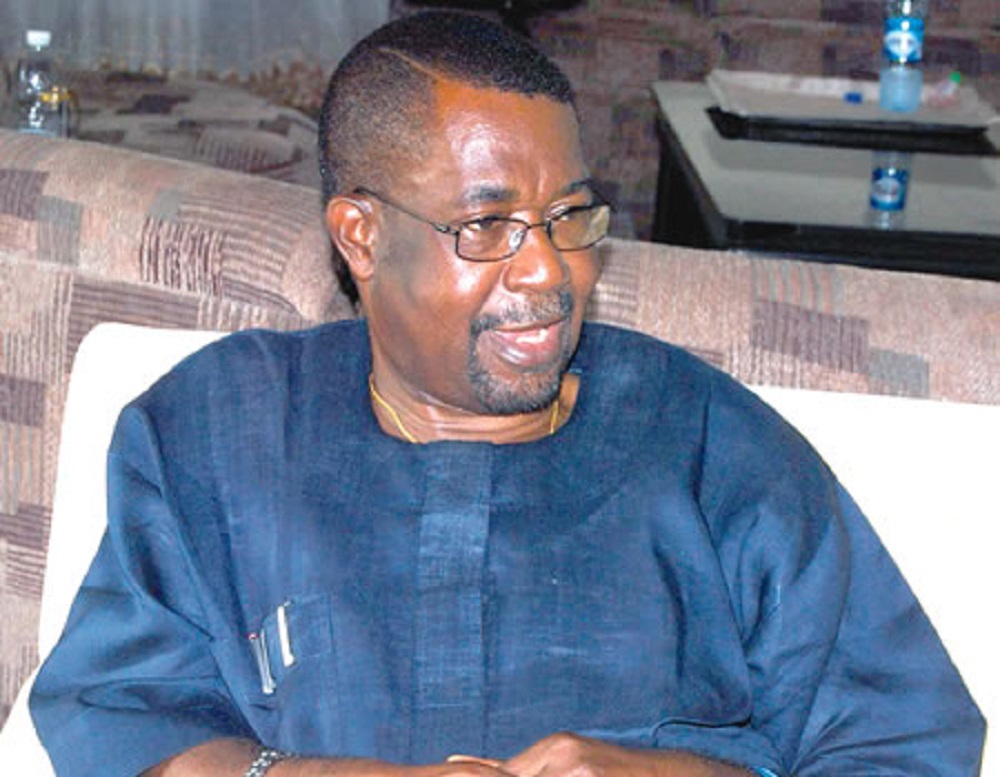EFCC has arrested Former Minister Agunloye over Mambilla Project Fraud.
NewsOnline Nigeria reports that the Economic and Financial Crimes (EFCC) has reportedly arrested a former Minister of Power and Steel, Olu Agunloye.
This Nigeria news platform understands that Nobel laureate Prof Wole Soyinka made this known in a statement on Monday titled, “In pursuit of justice, productivity, under the rule of law.”
ALSO: NAFDAC Destroys Over N750 Million Worth Of Fake Beverages In Abia Operation
Recall that the anti-graft agency recently declared wanted the ex-minister who served in the administration of Olusegun Obasanjo over his role in the $6 billion Mambilla hydropower contract.
However, Soyinka stated that the former minister issued a statement on his visibility and his readiness to comply with the agency after he was declared wanted.
The playwright said Agunloye appeared at the EFCC office in Abuja the following day he was declared wanted and was promptly arrested and detained.
He said, “Agunloye, as a dutiful citizen, issued a statement on his visibility and ready compliance. He promised to show up at the EFCC offices in Abuja the following day. He appeared, and was promptly arrested and detained. The information I have been able to obtain during the past two days of my return to the country is that the head of the EFCC declared that he would release him only on the instructions of the President of the nation.
“True or false? I am not in the game of “He said, I said. What matters is the murky exercise of power. I have had cause to intervene before this, all the way from Are, through Ribadu and Magu, that last until he stopped taking my calls. The present however transcends all other interventions, as it involves certain issues of national interest, in tandem with the evident issues of fundamental citizen rights.
“I wish to claim that finally, after many years of frustration, the nation was being offered an opportunity to put the Mambilla project to rest, be it through terminal abandonment or resuscitation, corralling its lessons in fulfilling one of the most basic conditions for national industrial development with private creative input – addressing frontally and holistically the basic question of sustainable supply of power. In addition – and I concede that this is a personal, yet national concern.’’














